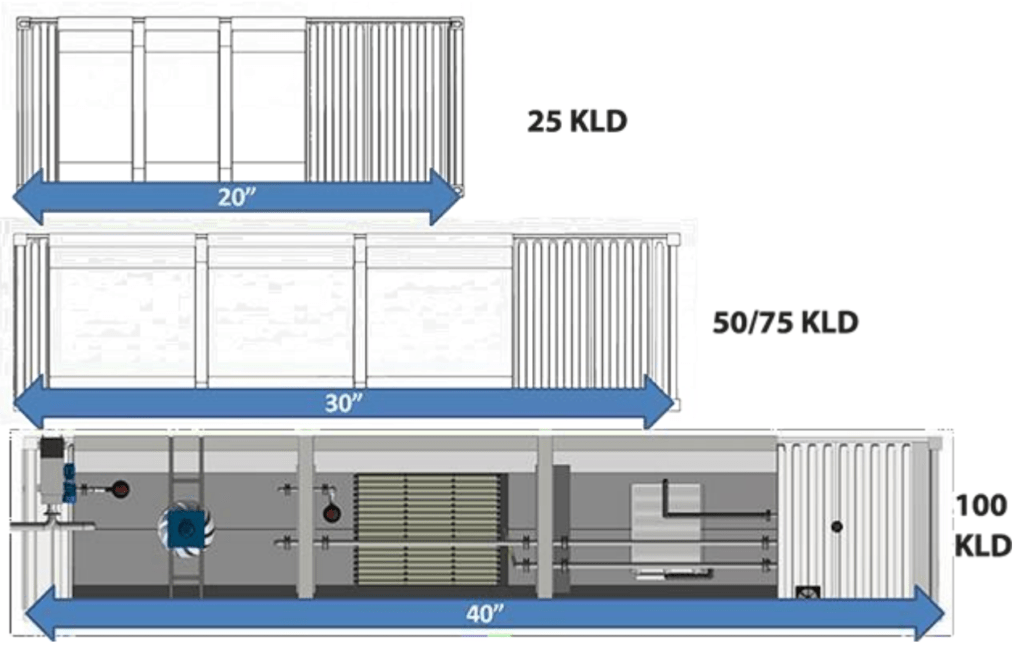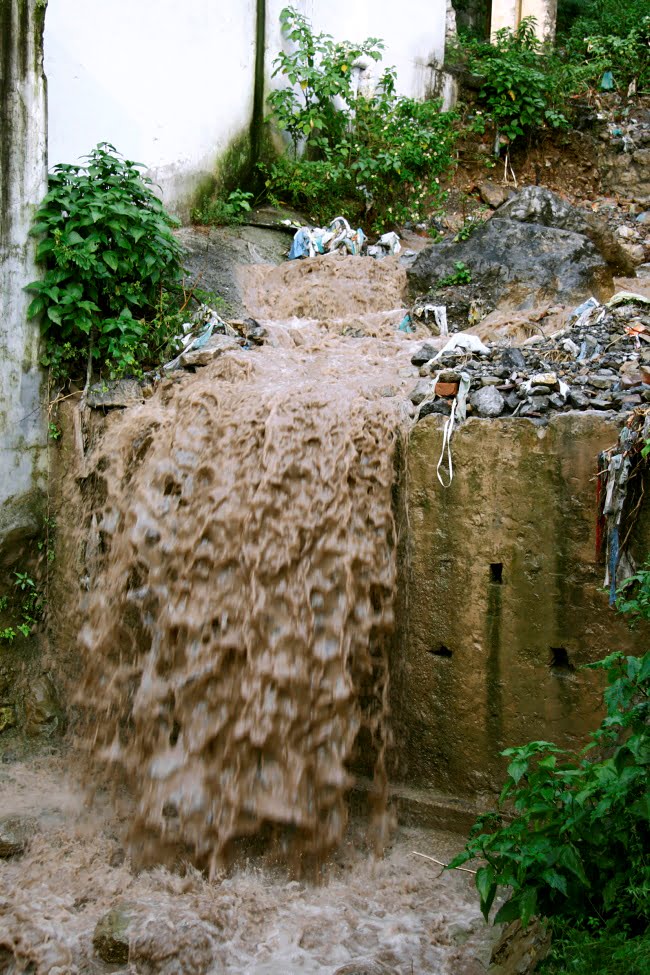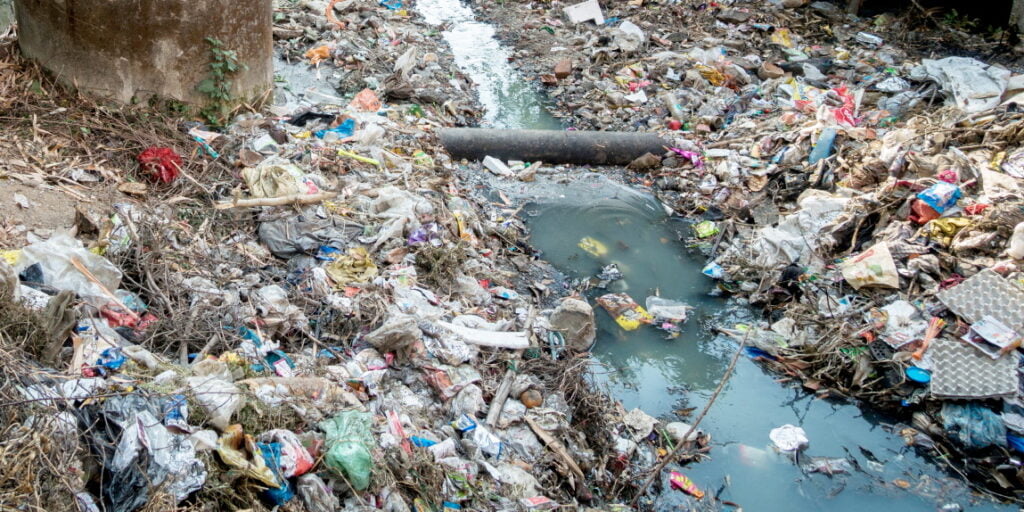Mobile unit to recycle a village’s sewage for just 15 cents a day
Mobile water treatment plants that can fit on the back of a truck are being deployed across towns and villages in India.
The technology developed by an Israeli company will help tackle the country’s desperate sewage crisis.
India generates over 72 million liters of sewage a day, but can treat barely one-third of it. Much of it ends up, untreated, in rivers and lakes, creating a huge health hazard.

The sewage infrastructure is not properly financed or designed. One in four Indian states do not have installed sewage treatment plants (STPs). Some have the plants, but don’t operate them.
Huliot, an Israeli manufacturer of advanced pipe systems, developed the ClearBlack STP, which fits inside a shipping container. It was launched in 20 Indian states on August 15th, Indian Independence Day.

“We wanted to present it to the market on an important date. Not only is it a holiday, it should also mark the date of India’s water independence,” Miki Kedem, CEO of Huliot, tells NoCamels.
It’s an efficient sewage treatment solution and almost 100 per cent of the water it recycles can be reused.
“It can be put in any site and location – just plug and play, and give it some electricity. The bad water pumps in, and the good water comes out,” says Kedem. “It does not have the constraint of brick and mortar.”
The ClearBlack supplies enough water (100,000 liters) for the daily needs of 800 people and costs no more than 12 rupees – or $0.15 – a day to operate.
It is unmanned, operates automatically and is remotely controlled and monitored by an app with minimal technician attendance. It automatically sends a notification if there are any issues.
Sign up for our free weekly newsletter
SubscribeThe recycled water it produces is odorless, color-free, and disinfected, and can be reused for flushing, gardening, road washing, and car washing.
Large-scale sewage plants require vast amounts of additional space in India’s already-dense urban areas, where land is expensive. Other barriers prevent their uptake too, such as high installation, maintenance and energy costs, and the need for trained technical staff.

“Huliot is trying to reduce water scarcity by reusing water in an affordable manner,” says Kedem. “By using treated water for all of these activities, 40 per cent of water demand can be saved.”
India is the world’s largest groundwater user – but it has almost the worst water quality in the world. Seventy per cent of the subcontinent’s water supply is contaminated, and a report published by the National Institution for Transforming India found that 200,000 people were dying every year due to inadequate access to safe water.
The ClearBlack units can be installed in remote areas with no sewage connection, treating waste water in residential neighborhoods and company buildings without the need to install pipes to a centralized facility.
Current sewage systems lead directly to rivers or lakes, polluting natural water sources in India at alarming rates. Huliot plans to also recycle water in polluted lakes and ponds and make the water reusable, reducing the health risks associated with environmental pollution, and money spent on environmental rehabilitation projects.
It will partner with developers and corporate clients on commercial and residential projects, saving millions of liters of water per day with their breakthrough technology. For example, it plans to collaborate with gram panchayats (village councils) to help use recycled water for irrigation in Indian villages.
“I believe that the ClearBlack will be very beneficial to Indian cities in the coming years,” says Kedem.
See also: LED It Flow: SoLED Provides Innovative Approach To Water Disinfection
Related posts

Editors’ & Readers’ Choice: 10 Favorite NoCamels Articles

Forward Facing: What Does The Future Hold For Israeli High-Tech?

Impact Innovation: Israeli Startups That Could Shape Our Future




Facebook comments